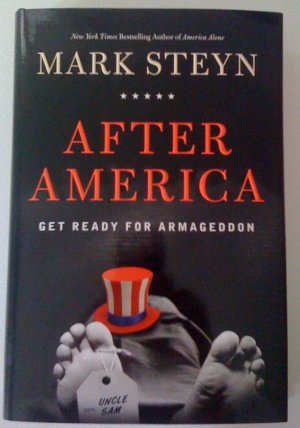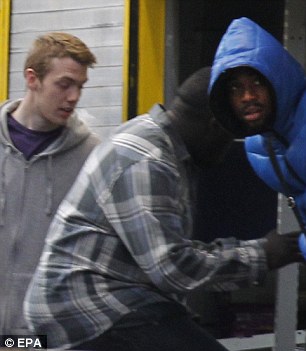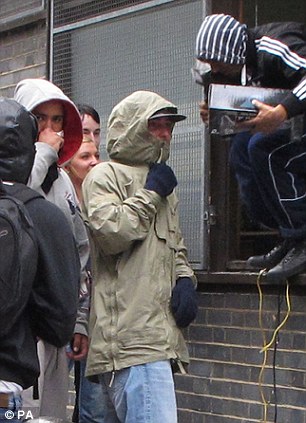Brendan O’Neill debunks the widespread story that the August riots were either gang-led or pre-planned by gangsters:
In the aftermath of the riots, police, politicians and penmen all arrived at the same conclusion: gangs have taken over parts of England. Organised cliques of mask-wearing, territory-protecting youth, who divide themselves into ‘elders’, ‘soldiers’ and ‘youngers’, are turning bits of London and other English cities into something akin to south-central LA. These gangs orchestrated the violence, we’re told, as a way of staking their claim over local patches of land and warning off the ‘Feds’ (police). It is now apparently time, says David Cameron, for a war against ‘gang culture’.
There’s only one problem with these claims: they are complete and utter bunkum. No doubt gangs exist in some parts of urban England, and no doubt some of them are criminal. But there is no ‘gang culture’ and gangs were not responsible for the recent rioting in London and elsewhere. ‘Gang culture’ is almost entirely the imaginary creation of a political elite which prefers to fantasise that urban implosion is a product of gang conspiracies, rather than face up to the harsh reality that the riots were triggered by the twin crises of community solidarity and state authority.
[. . .]
Perusing the press, it was hard to tell if you were reading genuine reports about English cities or drafts for a movie about the life and times of 50 Cent. ‘Inside the deadly world of gangs’, screamed newspaper headlines, inviting readers to peer at these violent groups where new recruits as young as nine are referred to as ‘Tinies’ or ‘Babies’, while teenage members are known as ‘Soldiers’ and the overlords have the title ‘General’. Apparently there are 171 such gangs in London alone. Journalists write about being ‘embedded’ with the police, as if they’re in Iraq rather than England, and observing an ‘inner-city underworld’. This underworld exploded into the overworld two weeks ago, we’re told, when these military-style gangs ‘orchestrated’ looting through social media or by ‘laying on minibuses to ferry yobs into and around towns’.
[. . .]
Often, the hotheaded claims about Britain being overrun with hundreds of gangs simply do not stand up to scrutiny. So the Metropolitan Police claims there are 171 gangs in London, while the Home Office says there are 356 gang members in London. As one study pointed out, this would mean ‘around two people per gang’

 The trick in this business is not to be right too early. A week ago I released my new book — the usual doom ‘n’ gloom stuff — and, just as the sensible prudent moderate chaps were about to dismiss it as hysterical and alarmist, Standard & Poor’s went and downgraded the United States from its AAA rating for the first time in history. Obligingly enough they downgraded it to AA+, which happens to be the initials of my book: After America. Okay, there’s not a lot of “+” in that, but you can’t have everything.
The trick in this business is not to be right too early. A week ago I released my new book — the usual doom ‘n’ gloom stuff — and, just as the sensible prudent moderate chaps were about to dismiss it as hysterical and alarmist, Standard & Poor’s went and downgraded the United States from its AAA rating for the first time in history. Obligingly enough they downgraded it to AA+, which happens to be the initials of my book: After America. Okay, there’s not a lot of “+” in that, but you can’t have everything.



